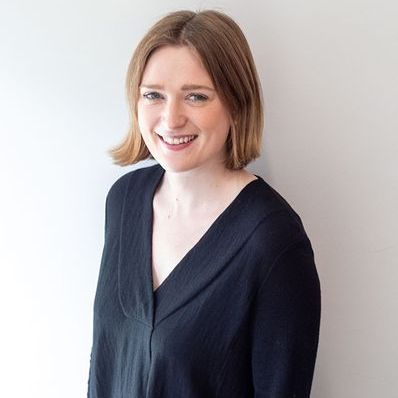Ofcom launches three new spectrum consultations
The UK regulator Ofcom - responsible for managing the UK’s radio spectrum - has published three new spectrum consultations: a review of its shared licence scheme, a further consultation on mmWave spectrum and a consultation on the future use of 2100 MHz frequencies.
Have your say! If you’re interest in contributing to techUK’s response to any of these consultation, please contact Manuel R. Marti ([email protected]) or Sophie James ([email protected])
Evolution of the shared access licence framework – deadline 16 May
Ofcom is seeking views on the future of the shared access licence scheme. The scope of the Call for Inputs is broad as it considers the evolving technology developments user demand and how these will shape the future of these licences.
The framework was first introduced in 2019 and it enabled shared spectrum access in 1800 MHz; 2300 MHz, 3.8-4.2 GHz and lower 26 GHz band, in attempt to promote innovation by providing localised access to spectrum under a simple, low-cost framework.
As of today, Ofcom has issued over 1600 licences across all four bands. It now wants to find out about users’ experiences of the Shared Access Licence framework, consider evolving user demands and review how its approach can continue to meet the needs of current licensees as well as future users.
Enabling mmWave spectrum for new uses – deadline 22 May
Ofcom has decided to make over 6 GHz mmWave frequencies across 26 GHz & 40 GHz band for mobile technology, including 5G.
Under the proposed approach, Ofcom will introduce a licensing regime consisting of a combination of citywide and local licences available. Ofcom is now consulting on proposals for the design of the auction for citywide licences, the licence conditions for citywide and local mmWave licences, and how it will coordinate users of this spectrum.
Exploring future use of the unpaired 2100 MHz spectrum – deadline 25 May
Ofcom has opened a consultation on the possible future use of unpaired 2100 MHz band.
The 1900—1920 MHz range is a small portion of the wider 2.1 GHz licences initially assigned to mobile operators (EE, Three and VMO2) in 2000 for 3G services.
Ofcom says they are not using this unpaired portion of spectrum and EE's intentions for potential use of its 4G licence for the ESN Gateway 'may not be optimal because there may be other higher value users of the spectrum'. Therefore, it is currently exploring how to maximise the use of these frequencies.
Ofcom's provisional view is that there is potential for the spectrum to be used by emergency services, railways and /or the utilities sector.




